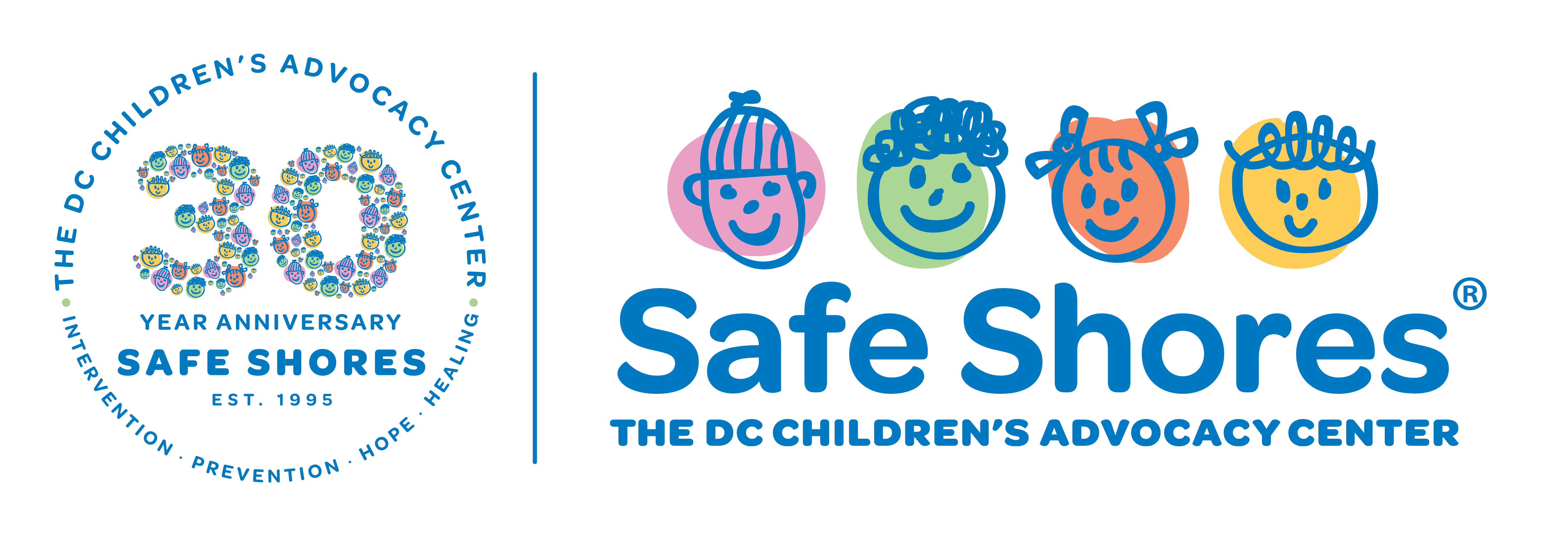What is Child Abuse Prevention Month?
April is Child Abuse Prevention Month and it serves as a time to raise public awareness and engagement surrounding steps we can take in our own communities to prevent child abuse.
There is no shortage of events, trainings, tours, and classes to attend (virtually) to learn more and become an advocate for child abuse prevention. Click here to see a calendar of Child Abuse Prevention Month events for each week in April.
While April is designated Child Abuse Prevention Month, we encourage each and every adult to prioritize prevention EVERY month!
What is the significance of the pinwheel?
Prevent Child Abuse America established the Pinwheels for Prevention® campaign in 2008. The pinwheel represents “childlike whimsy and lightheartedness and our vision for a world where all children grow up happy, healthy, and prepared to succeed in supportive families and communities.” Find out more about the Pinwheels for Prevention campaign here!
How does a “Child Advocacy Center” work?
The Children’s Advocacy Center (CAC) model utilizes a multidisciplinary team approach to provide a coordinated, comprehensive and compassionate response that is tailored to the individual needs of the child when there is an allegation of abuse.
The CAC model aims to:
-
- Minimize the trauma experienced by children and adolescents who have been identified as victims of abuse.
- To improve investigation and prosecution of sexual and physical abuse cases through intervention, treatment and healing.
- To promote inter-agency collaboration for effective decision making and management of sexual and physical abuse cases.
- To prevent further and/or future abuse of child victims.
Who comprises the “MDT”?
Safe Shores works in tandem with a multidisciplinary team, known as the MDT, comprised of the following agencies:
What are the signs of child abuse?
Children who have been sexually abused may display a wide variety of emotional, behavioral, or physical symptoms. The following signs are not all inclusive or exclusive, but can serve as a guide to understanding an abused child’s behavior.
- Behavioral and Emotional Signs
- Discloses that the abuse has occurred
- Anxiety or Depression
- Sleep disturbances including nightmares or night terrors
- Changes in eating habits
- Unusual fear of certain people or places
- Children in mood that could include anger, aggressiveness towards parents, siblings, friends, pets
- Rebellion or withdrawal
- Physical Signs
- Pain, bleeding or discharge in genitals, anus, or mouth
- Vaginal infections
- Recurrent urinary tract infections
- Cuts or tears around the vaginal area or anus
- Wetting or soiling accidents unrelated to toilet training
- Stained, torn or bloody undergarments
- Sexually transmitted diseases or pregnancy
If you see physical signs of abuse, have your child examined by a professional immediately, or call the police.
How do I respond if a child discloses abuse to me?
- Remain calm and don’t overact.
- The child may feel more ashamed and guilty, shut down, or change their story if you react with anger or disbelief.
- Believe the child and assure them what happened is not their fault.
- Listen calmly
- Allow silence in the conversation so the child does not feel rushed
- If you must ask additional questions to make a report, only ask open ended questions. Ask as few questions as possible.
- Open-ended questions include:
- “Can you tell me more?”
- “What happened next?”
- Examples of supportive response include:
- “I believe you”
- “What happened is not your fault”
- “This takes a lot of courage. I’m very proud of you for telling me.”
- “We will get the support we need to get through this.”
- Open-ended questions include:
Protect the child by ensuring they are not near the abuser and immediately reporting the abuse to the proper authorities.
Learn more about how to react responsibly to a disclosure of child sexual abuse at an upcoming Stewards of Children training.
How can I report child abuse?
- To report suspected child abuse in the District of Columbia call 1-202-671-SAFE(7233).
- To report suspected internet crimes against children, contact report.cybertip.org.
- Reporting protocol varies from state to state. Click here to find more information about how to report suspected abuse.
How can I prevent child abuse?
Join us for an upcoming Stewards of Children® training led by an authorized facilitator. This virtual training teaches adults how to prevent, recognize and react responsibly to child sexual abuse. The program is designed for individuals concerned about the safety of children as well as organizations that serve youth. Training includes discussion about critical issues in sexual abuse prevention and the relevance of these issues in our communities through a video sharing the voices of survivors and experts in the field. Register for an upcoming training here!
¿Cómo podemos proteger a los niños de los riegos del internet?
Debido a la pandemia de COVID-19, los niños pasan más tiempo que nunca conectados al Internet. Desde el aprendizaje virtual hasta los juegos en línea, el Internet puede ser una vía de entrada para que cualquier persona pueda conectarse con los niños al menos que se tomen precauciones.
Ven y únete a la conversación que tendremos por el Mes de Prevención del Abuso Infantil y aprende lo que puedes hacer para proteger a tus niños, minimizar los riesgos de las plataformas del Internet y prevenir el abuso sexual infantil. ⠀
Acompáñanos el 23 de abril de 2021 a las 12:30 pm-1:45pm. Registrarse Aquí
How has COVID-19 changed your work?
March 16, 2020, all of our staff began teleworking, and our office space was closed to the public in response to the COVID-19 pandemic. In just three weeks we took key steps to adapt our programs and services in order to stay connected with clients and provide services remotely:
Our Clinical Services team began doing all patient-facing work using a telehealth platform.
- Our Client Advocacy team continues to provide intakes and crisis intervention support remotely. We are also providing families with online gift cards for groceries and other essential items.
- We are receiving client and case referrals online.
- We’ve stayed connected with participants in our Caregiver Support Groups and have held their meetings online.
- We have acquired technology and developed protocols with our dedicated MDT partners to conduct tele-forensic interviews while maintaining a safe, child-focused approach.
As the vaccine rollout continues, Safe Shores has begun a soft launch back into in-person services. Members of our Forensic Services team and Client Advocacy Services team have both started a hybrid in-person and virtual remote working situation. We will continue to follow the CDC guidelines and listen to the science to help guide us as we shape the future of what in-person work looks like now. We are also facilitating in-depth conversations with staff, clients and the MDT to determine what processes and procedures of in-person work will help move the mission along and best serve our clients.
How can I get involved?
Join us for Coffee for Kids!
Virtually tour our thoughtfully designed, child-friendly, victim-focused facility, meet our team, and learn firsthand how Safe Shores works to provide intervention, hope and healing for children and families affected by abuse in the District.
Register for an upcoming tour here.
Take a Stewards of Children® training
This training teaches adults how to prevent, recognize and react responsibly to child sexual abuse.
Register for an upcoming training here.
Donate
Any gift, no matter what the size, will go a long way in ensuring that our doors stay open in response to and prevention of child abuse in our community 24/7/365.
Can I work for Safe Shores?
Safe Shores – The DC Children’s Advocacy Center is looking for Very Intentional People (VIPs) to join our team. We are currently hiring for the following positions:
- Bilingual Teen Advocate (full-time)
- Caregiver Therapist (full-time)
- Child and Adolescent Therapist (part-time)
- Teen Advocate (contract position)
Find more information about the open positions and apply here.

